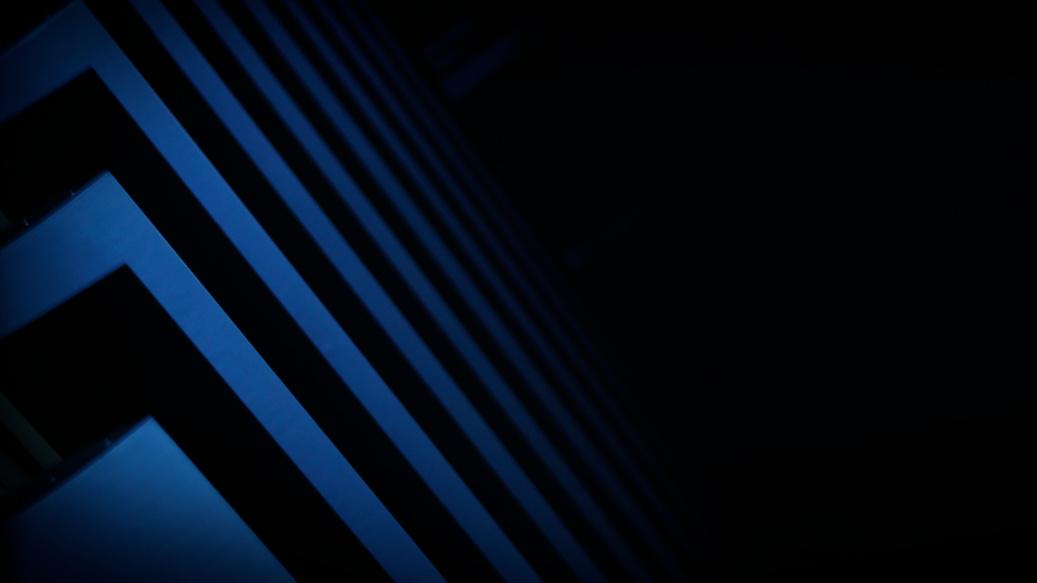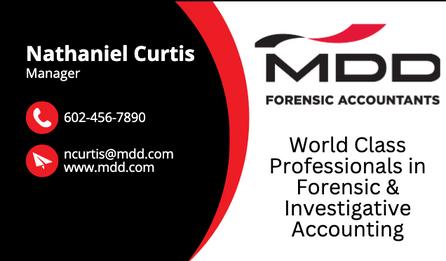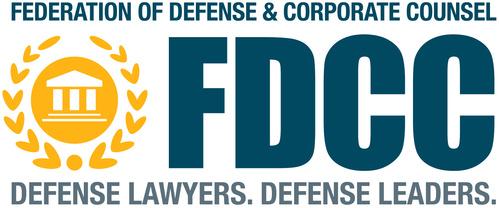
1 minute read
Don't Say Daubert (Say Rule 702)
“Don’t Say Daubert.” Re-Affirming the Court’s Gatekeeping Function and The Admissibility of Reliable Expert Opinions
By Imoh E. Akpan, Goldberg Segalla; Joe Babbington, Helmsing, Leach, Herlong, Newman & Rose; and Jennifer Hoffman, Carr Allison
Advertisement
This panel will discuss the history of Rule 702, the purpose of the proposed amendments on course to become effective in December 2023-- and why the defense bar should say “Rule 702” is the standard for admissibility of expert evidence.

l Admissibility of Expert Testimony Pre-Daubert

In Frye v United States, the Court of Appeals for the District of Columbia considered the admissibility of expert testimony regarding the results of a systolic blood pressure deception test, a precursor to the polygraph machine The offering party, a criminal defendant, had submitted to the test and offered the expert to explain the results of the test In affirming the trial court’s decision denying the admissibility of the expert’s testimony, the Court said:

The Bar’s reference to the “Daubert standard” may have caused federal trial and appellate courts to misapply Federal Rule of Evidence 702, as amended in 2000, following the Supreme Court’s opinions in Daubert, Joiner and Kumho. Data indicates courts have often applied outdated case law, “cherry-picked” Supreme Court dicta, and generally failed to follow the requirements of Rule 702 when assessing the admissibility of expert testimony; and they have often undermined the true purpose of Daubert (and Rule 702): the trial court’s proper exercise of its gatekeeping role to ensure the reliability of admitted expert testimony In response to these trends, the FRE Advisory Committee has approved an amendment to Rule 702 to emphasize the trial court must find the expert evidence “ more likely than not” satisfies Rule 702’s requirements, including that the expert’s opinion “reflects a reliable application of the principles and methods to the facts of the case”
[W]hile courts will go a long way in admitting expert testimony deduced from a well-recognized scientific principle or discovery, the thing from which the deduction is made must be sufficiently established to







